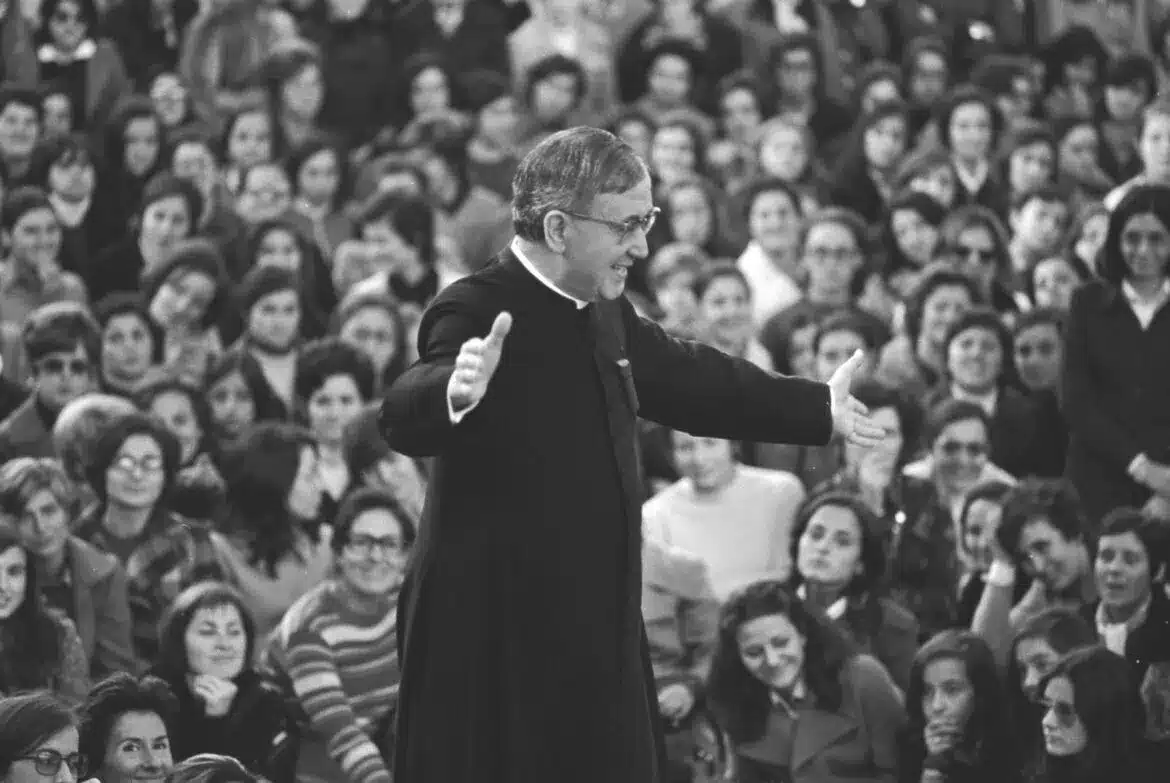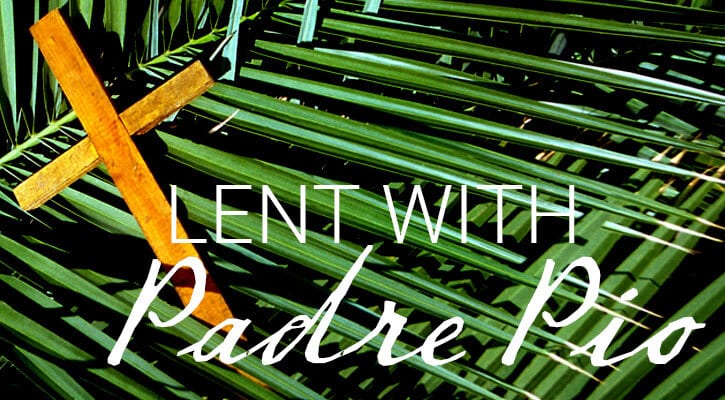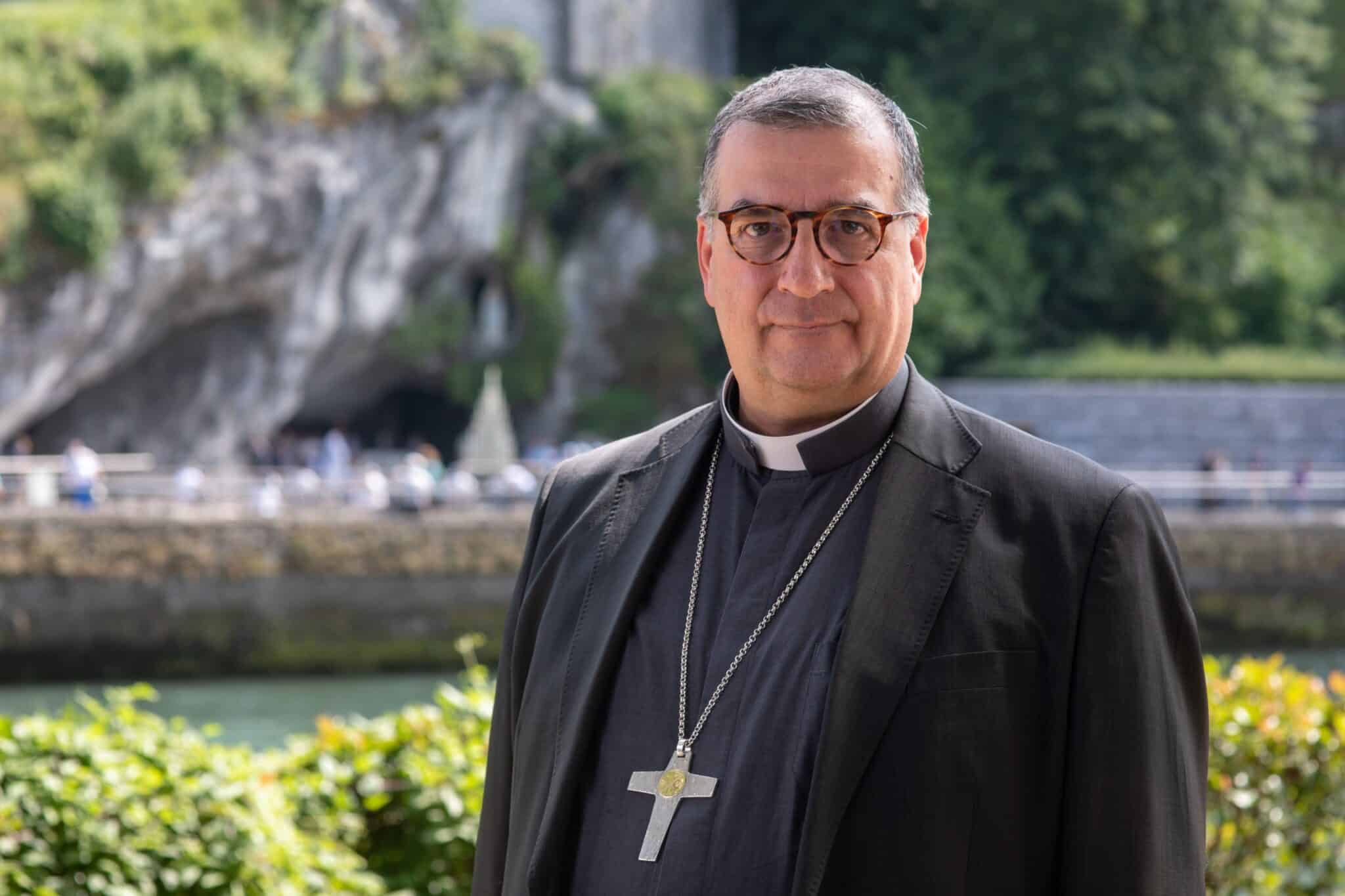What do cookies have to do with Franciscan spirituality? When St. Francis was on his deathbed, a seemingly simple treat brought by his good friend Lady Jacoba lifted his spirits and soothed his suffering. Their friendship exemplifies the importance of accompaniment on the path of faith.
I was 4 years old when Grandma came to live with us. As her youngest grandchild and the only one not yet in school, I may have gotten the best of this situation, since she and I spent the days together while my siblings were at school and our parents worked. We often watched The Jack LaLanne Show together, doing only a small fraction of the exercises, but then insisting we had both worked up an appetite that only home-baked cookies could satisfy. We tended to this task with great care and attention.
I helped her by finding the butter and eggs in the refrigerator, cautiously carrying each ingredient to the counter. She slowly read out the amounts of each ingredient, and I learned to deliberately select the right measuring spoon to add the correct amount of vanilla extract and the right measuring cup to measure out the correct amount of flour. We took turns stirring the dough and then rolling it into small balls before placing them on the cookie sheet. She let me lick the spoon while we stood by the small oven window and watched the cookies spread as they baked. Grandma took over when they were done and shooed me away so she could open the hot oven door and slide the fragile cookies off the sheet to cool.
I cherish those memories of baking cookies with my grandma, but it was almost 50 years later that I came to understand what she had really shared with me. My epiphany came while writing about another cookie baker, Lady Jacoba.
The Wisdom of Lay Franciscans
Lady Jacoba—affectionately known as “Brother Jacoba” from one of Thomas of Celano’s accounts of Francis—is a favorite among Franciscans. Say her name to any member of the Franciscan family and they will likely smile and knowingly mention almond cookies. We all love cookies, don’t we? But we may be overlooking the real significance of this laywoman if we let our focus remain just on the cookies themselves.
The stories of laity in the Franciscan tradition are less well-known and reflected on than stories of Francis or Clare. In fact, laypeople are often overlooked when we talk about the Franciscan tradition in general and Franciscan spirituality in particular. As someone who has spent most of my academic career studying Franciscan laity, I have come to understand that laypeople—like me and many of you—necessarily experience Franciscan spirituality differently than vowed members of the tradition. And yet we don’t look at the lives of the people who forged this path with the same kind of depth and seriousness as we bring to studying and reflecting on the lives of Francis and Clare, or the thought of major intellectual figures, such as Bonaventure, Scotus, and Anthony of Padua.
What if we considered the lives of early laypeople who lived according to the spirituality modeled by Francis and Clare and who had opportunities to interact with and even influence them in both small and significant ways?
Funding the Franciscans, Forming a Friendship
Take Lady Jacoba, for example. Is there more to her contribution to Franciscan spirituality than the cookies? From early sources, it is clear that Francis enjoyed the delicious almondy taste of the cookies Jacoba baked for him. So don’t fear! This isn’t a revisionist effort to edit out the cookies from the Franciscan tradition. But cookies were just a tangible piece of evidence of a close friendship that grew into a deep spiritual relationship sown in grief and faith.
Jacoba first met Francis in Rome around 1212, shortly after she was widowed. Still a young woman of about 23 years old, she inherited substantial wealth and power when her husband died a violent death. With that wealth and power, she inherited significant responsibilities to administer a vast estate. Such authority and entitlement were not completely unknown to women at the time, but neither were they at all common. More common was her charge over two young sons and the expectation that she would remarry.
But Jacoba did not live according to common expectations. She never remarried, nor did she pass on the legal rights to the vast estate to her sons when they reached adulthood. Instead, with the demands of these responsibilities and with the emotional strain from the death of her husband, Jacoba turned to an unconventional source of solace: a beggar who preached the Gospel, Francis of Assisi.
Their friendship grew over shared meals (with cookies, no doubt) and conversations that went unrecorded. But one can imagine the compassion that grew between a grieving young widow and a simple man of faith.
Witnessing the care with which Francis and his companions lived among the other homeless of Rome, Jacoba gave them the hospice that was on the outskirts of the city (where today the church of San Francesco a Ripa stands). In that place, Jacoba, Francis, and his companions together cared for people who were ill and dying. They washed and fed these people who go unnamed in historical sources but who were the catalyst for Jacoba’s spiritual transformation and Francis’ ongoing conversion.
‘Mere Women’s Work’
Out of her abundant wealth, Jacoba funded and supported these efforts of caregiving. But it was out of her personal grieving that she bathed and fed the dying and the homeless alongside Francis and his companions. It’s easy to overlook this tender caregiving since the sources give us only the bare legal details of property being handed over. It is also easy to ignore the gritty details of caregiving, but this presence and care Jacoba offered with Francis were anything but comfortable.
The particulars of bathing, holding, and feeding the sick or the particulars of faithfully burying the dead after having prepared their bodies with reverence—these are all details that went unrecorded as mere women’s work. So it is notable that this was women’s work that Jacoba and Francis shared as they cared for the sick and dying unhoused people of Rome.
When I started reflecting on this story with seriousness about 15 years ago, I came to realize a deeper meaning of the almond cookies in the story of Francis and Jacoba. I had just begun volunteering as a hospice caregiver in San Francisco, the California city named after the saint. At first, I had busied myself with tasks that had to be done. Keeping busy helped calm my nerves and insecurities.
After some weeks and months, I became more able to be present and notice the kinds of gestures and gifts that offered real comfort to people facing their life’s end as well as their family and friends.
They were all quite modest and never expensive. For one woman it was the smell of coffee. For another it was the gentle laughter of her granddaughter. I realized for Francis it was Jacoba’s presence and the smell of the almond cookies that likely brought him comfort as he neared his death. It was never just about the cookies; it was about their relationship.
This close spiritual friendship with a laywoman was one that buoyed Francis throughout his life as a friar, and most obviously at the end of his life.
Lifelong Friends
What kind of effect did this have on Francis? We can’t be certain, but from several accounts of his death in 1226, we know that he wanted Jacoba to be with him as he neared the end of his life. They had forged a close and special friendship during the early months of her widowhood, when her grief was raw. Like many people living through grief, Jacoba had found serving others helped soothe her inner pain. Through caring for others in their illnesses or at the end of their lives, she nurtured compassion alongside Francis.
Although this presence they shared with others was born from grief, it was also laced with tender joy. After all, there were those cookies that she had baked and that he had grown so fond of. So, in late September of 1226 when she sensed a need to be with her dear friend, she left Rome with her retinue of staff and brought with her all the things she had become accustomed to use when caring for the sick and the dying: a pillow, a tunic, and all the ingredients to make the almond cookies Francis had loved. It didn’t matter that he was unable to see her due to blindness, nor did it matter that he was unable to eat anything as he neared death. He was able to sense her presence through her voice and her touch; he sensed her presence through the scent of crushed almonds.
Jacoba’s presence offered the kind of comfort a close spiritual companion can offer in both life and death. Because it was only women’s work and was therefore commonly overlooked in recorded sources, we can forget that she would have helped the other companions—the friars—prepare Francis’ body for burial, since the items she had brought from Rome included a shroud, candles, and incense, the items needed for caring for the dead. It is said that she covered all the expenses for the funeral.
A light bulb went on for me as I began to realize Jacoba’s place in Francis’ life. This insight was more personal, but, no surprise, it’s about cookies. Thinking back to baking cookies with my grandma, I remembered one time in particular when I walked into her room and found her crying. My 4-year-old self wasn’t used to seeing adults cry, so I asked her what was wrong. “Grandpa has gone to heaven, and I miss him,” she said. We ended up talking about God and Jesus. I asked, “What happens after death?” and listened intently as she shared some of her beliefs.
I found it all compelling but had a couple of burning questions. “Are there cookies in heaven? Would Grandpa want some cookies?” She chuckled a bit as she answered honestly, “I’m not sure heaven has cookies, but we can make some and share them here!” So, we went to the kitchen and baked a batch of snickerdoodles. When they were done, we put all of them on a plate for the family, except for one, which we left behind on a saucer.
It was for Grandpa, just in case he wanted one.

Lady Jacoba’s Almond Cookies
Ingredients:
• 1/2 cup butter, softened
• 1 cup sugar (or less)
• 2 eggs, divided
• 1 teaspoon real vanilla extract
• 1 teaspoon almond extract
• 2 cups white or whole wheat flour
• 1 cup almond flour
• 1 teaspoon baking soda
• 1/2 teaspoon salt
• 1 teaspoon water
• 1 cup ground almonds (add finely chopped pieces to the batter and coarser, bigger pieces on top)
Instructions:
Preheat oven to 325 degrees.
Beat butter and sugar until creamy.
Separate one egg. Save the egg white in a small bowl to use for dipping the balls of dough to get almonds to stick on top before baking. Add the yolk and the other egg to the creamy butter mix along with all the other wet ingredients. Beat until well mixed.
Stir flour, salt, and baking soda together in a separate bowl. Then incrementally add to the wet mix. Work the dough until it holds together and can be formed into balls. If the dough is too thin, add more wheat flour.
Roll the dough into 1-inch balls. Dip the top half in egg white and roll in almonds. Place on a lightly greased cooking tray and gently flatten with a spoon or your hand.
Bake 14–16 minutes or until the edges are lightly browned.
Cool one minute on cookie sheet before removing from tray. Cool completely and store in an airtight container. The cookies should be consumed within a week or frozen for later use.
Makes about 3 dozen cookies.








